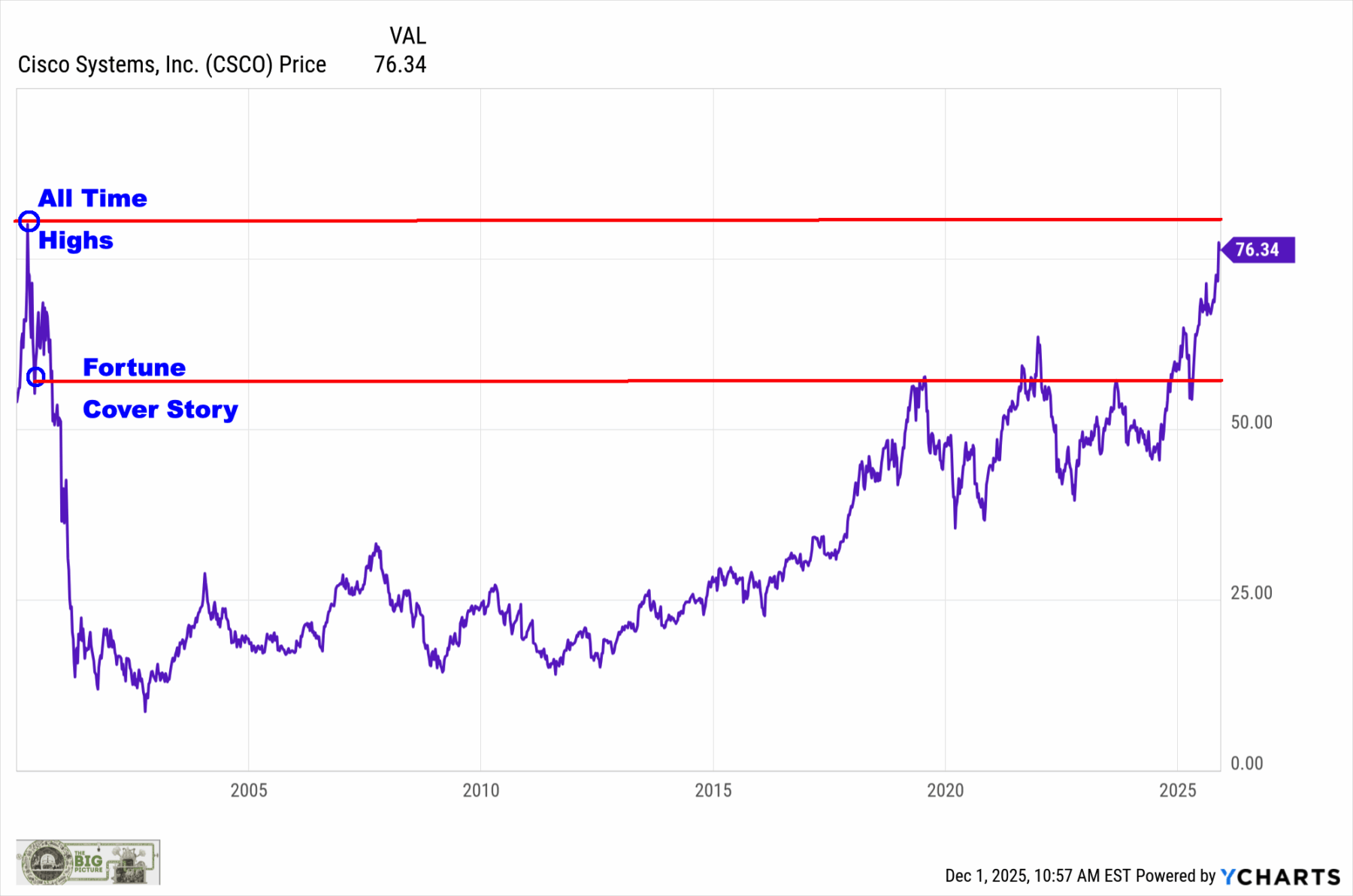Running the risk of retreading old ground, I wanted to talk one more time about how definitions can be either clarifying or misleading, depending on how they are used. In my first foray into this area, I briefly mentioned Eliezer Yudkowsky’s essay Taboo Your Words, where Yudkowsky suggests people replace words with descriptions of the concepts to which those words are meant to refer, in order to prevent differences in definitions from causing unnecessary confusion. He uses the example of two people disagreeing over whether a falling tree still makes a sound if nobody hears it, where one person is defining sound to mean auditory experience while the other defines sound to mean acoustic vibrations.
The key skill here is what Yudkowsky calls “the general skill of blanking a word out of my mind” – and this is a very important skill when one is trying to understand the views of others. This was made particularly clear to me when I was going through my multiple-post review and critique of Yoram Hazony’s Conservatism: A Rediscovery. Many commentors seemed to be very tripped up over Hazony’s definitions of “conservative” and “liberal.” When reading that book, I did what Yudkowsky describes – I simply blanked out my usual definition of “conservative” and “liberal” and substituted in Hazony’s own. Failing to do this would prevent me from adequately understanding and engaging his case – as I put it in a post dedicated to my evaluation of his definitions, “many people have used the term ‘conservative’ to refer to many different worldviews, and for Hazony to make his case for conservatism effectively it is necessary to make clear exactly what he means when he speaks of conservatism.”
Michael Huemer points out:
To speak more cautiously, as far as I can tell, no one—either in the 20th century or any other time—has ever advanced an analysis of any philosophically interesting concept that was widely accepted by philosophers as correct. Nearly all analyses are subject to counter-examples that most philosophers would agree refute the analysis…The attempts to define “knowledge” after 1963 are the most instructive case, because that term received particularly intense scrutiny. Philosophers went through dozens of increasingly complicated analyses and counter-examples over several decades, and no consensus emerged. To this day, we don’t know the definition of “knowledge”. Philosophers had similar experiences when they tried to define such things as “good”, “cause”, “if”, “freedom”, and so on.
But even though no concept has a universally valid and accepted definition, we can still have discussions about them. And with most concepts, it works out that most people, most of the time, mean mostly the same things when they use a given word, which is good enough for most communication. But in more serious discussions, definitions need to be more precise in order to make an argument more clear. And all we can do about this is stipulate a definition when we enter a discussion and go from there. Hazony did what we all have to do – in the general space of thinkers and ideas, he drew a line around certain sets of ideas, and thinkers whose work embodied those ideas, and said, “when I say conservatism, I mean everything inside this set.” And he did the same thing for “liberal” – he stipulated a specific set of ideas embodied by particular sets of thinkers and said that when he referred to “liberals” or “liberalism” he was referring to those thinkers and ideas. And when reading his book, I blanked out the words “conservative” and “liberal” in my mind, and replaced them with Hazony’s stipulated definitions, so I could understand his argument on his own terms.
Now, Hazony’s definitions were different from my own, and different from many of EconLog’s readers. But I noticed, with some disappointment, that there were some comments by people who were getting bogged down by insisting that Hazony was “misrepresenting liberalism” or things of that nature, simply because they defined “liberalism” differently from Hazony. One person said Hazony was conflating the French Enlightenment with the Scottish Enlightenment – which was of course simply not true. In order for that to happen, Hazony would have needed to say something like “Scottish Enlightenment thinkers argued XYZ,” where XYZ was some set of ideas that was actually articulated by French Enlightenment thinkers. But Hazony never did this. What I think motivated this comment was the fact that many of the ideas Hazony classified as “liberal” were not held by Scottish Enlightenment thinkers – which are the ideas this commenter had in his mind when thinking of the term “liberalism.”
But Hazony also recognized that Scottish Enlightenment thinkers were in opposition to the ideas he criticized as “liberalism,” writing that against the philosophical rationalists, “empiricist political theorists such as Montesquieu, David Hume, Adam Smith, Adam Ferguson, and Edmund Burke rejected John Locke’s axioms and sought to rebuild political philosophy on the basis of things that can be known from history and from an examination of actual human societies and governments.” That is to say, when Hazony draws boundaries around what sets of thinkers and ideas he means when he says “conservative”, those boundaries include thinkers like Hume, Smith, and Ferguson. So, he never conflates the ideas of French Enlightenment thinkers with Scottish Enlightenment thinkers. He explicitly and unambiguously separated the two, and considers the Scottish Enlightenment thinkers to be part of the conservative tradition, as he defines and defends it.
Again, I define things differently. The boundaries I draw put thinkers like Adam Smith in the “liberal” category, not the “conservative” category. But I don’t pretend that my definition of the concept of “liberalism” is somehow the “objectively correct” one, and that Hazony’s is therefore wrong or somehow guilty of misrepresenting liberalism. And by recognizing that Hazony and I draw these boundaries in different places, I was also able to recognize that there is some degree of overlap between the “liberalism” I advocate and the “conservatism” he advocates. If I hadn’t been able to blank out the meaning of words in my mind and evaluate Hazony’s arguments based on the definitions he stipulated when making his case, it would be very easy to overlook the areas of common ground. And if there’s one thing the world doesn’t need more of right now, it’s lost opportunities to find areas of common ground or shared values.
The more widely one reads the work of political philosophers, the more apparent it becomes how little consensus there is about the meaning of terms like “liberal” or “conservative.” For example, N. Scott Arnold, in his book Imposing Values, wrote of anarcho-capitalists that “whatever their sympathies, these anarchists are not classical liberals because they are not liberals. By definition, all liberals believe in at least the minimal state.” So, by his definition, the very idea of liberal anarchism is ruled out from the get-go.
Meanwhile, in their history of libertarianism titled The Individualists: Radicals, Reactionaries, and the Struggle for the Soul of Libertarianism, Matt Zwolinski and John Tomasi also stipulate a set of definitions for various political philosophies. The even put their classification in a handy Venn diagram form. There is a large set called “broad libertarianism,” which contains within it both “strict libertarianism” and “contemporary classical liberalism,” neither of which overlap with each other. But “contemporary classical liberalism” partially overlaps with “neoliberalism,” the latter of which partly extends outside the border of “broad libertarianism.” But there’s another set called “historical classical liberalism” that represents the ideas of thinkers like Hume, Smith, and John Stuart Mill, which has no overlap with any of these other sets. So, in this categorization, the ideas of Smith and Hume and Ferguson sit entirely outside of modern classical liberalism.
I could go on, but the point is this – even among people who have spent their entire lives studying liberalism, identify as liberals, and write books defending liberalism, there is no widespread agreement over what “liberal” or “liberalism” mean. So, it should come as no surprise – nor should it be taken as a sign of bad faith – if a critic of “liberalism” also means something differently by that term than you do. If you want to make progress understanding the ideas people hold, both their strengths and weaknesses, it’s worth cultivating an ability to blank out words in your mind, to better focus on the ideas that lay beneath.
















